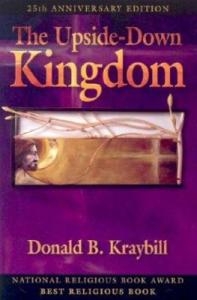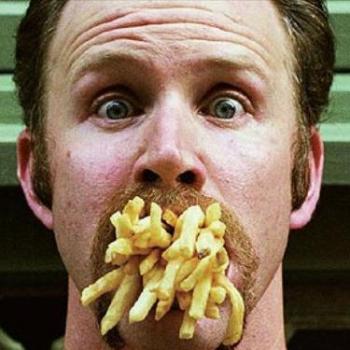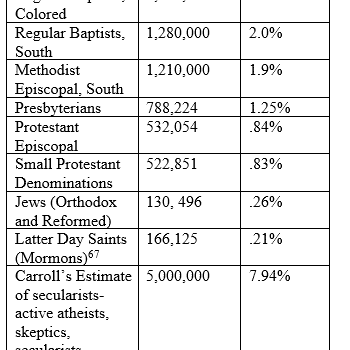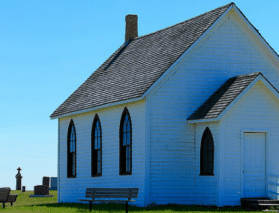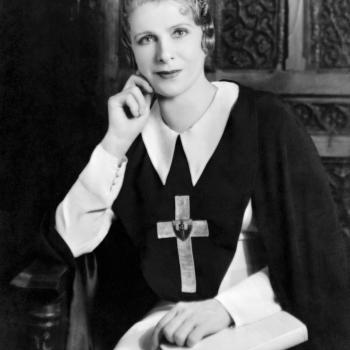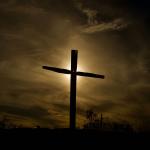“The Upside-Down Kingdom,” Chapter 4 “Wilderness Bread”
In this chapter, Donald Kraybill reveals more about Palestinian society and culture in Jesus’s day with special focus on the economic stratification of the Jewish population. There’s a lot of detail about that in the first half of the chapter, but it’s necessary in order to understand his “big idea” about Jesus and money and social standing.
The conclusion Kraybill comes to is that Jesus rejected the temptation to miraculously provide “bread” (sustenance) in abundance for everyone in favor of preaching a new kind of social order in which there would be no hunger.
I assume he is going to go on in the book to describe this new social order that Jesus envisioned and promoted and tried to establish among his followers.
What is the lesson from this chapter for us, for American Christians (and others), today?
Perhaps that our churches should de-emphasize elaborate buildings (“the edifice complex”), live simply in our personal lives and in our churches, and strive to share wealth with others in need.
I am personally very lonely acquainted with an Anabaptist intentional Christian community that does not have a “common purse” and does have private (or personal) property but that emphasizes that whatever a member owns is at the disposal of other members who need it. I spent a lot of time with them and discerned, rightly, I hope, that there are no rich people or poor people among them. If a member has a genuine need of any kind, the community meets it.
I suspect that is what Kraybill is suggesting about the “upside-down kingdom” in the hear and now, before the eschaton. Churches that share and within themselves, by whatever mechanisms, make sure no member suffers hunger, lack of shelter, necessary medical care, transportation, etc. And that within the churches there is no “caste system” based on economic standing.
I will share this anecdote here. I have been a member or regular attender of twelve churches in my lifetime but have had close dealings with many, many American churches. I have noticed that in almost every case, the “church moderator” is the wealthiest member, almost always a business or professional man of “high standing” (compared to other members) in the larger community. I conclude that, in many, perhaps most, American churches American culture’s penchant for placing the rich (or richest in the church) person(s) on pedestals with more power over the business of the church than anyone else. I can only assume that Kraybill thinks that mentality is foreign to Jesus’s upside-down kingdom.
*Note: If you choose to comment, make sure your comment is relatively brief (no more than about 100 words), on topic, addressed to me, civil and respectful (not hostile or argumentative), and devoid of pictures or links.*


